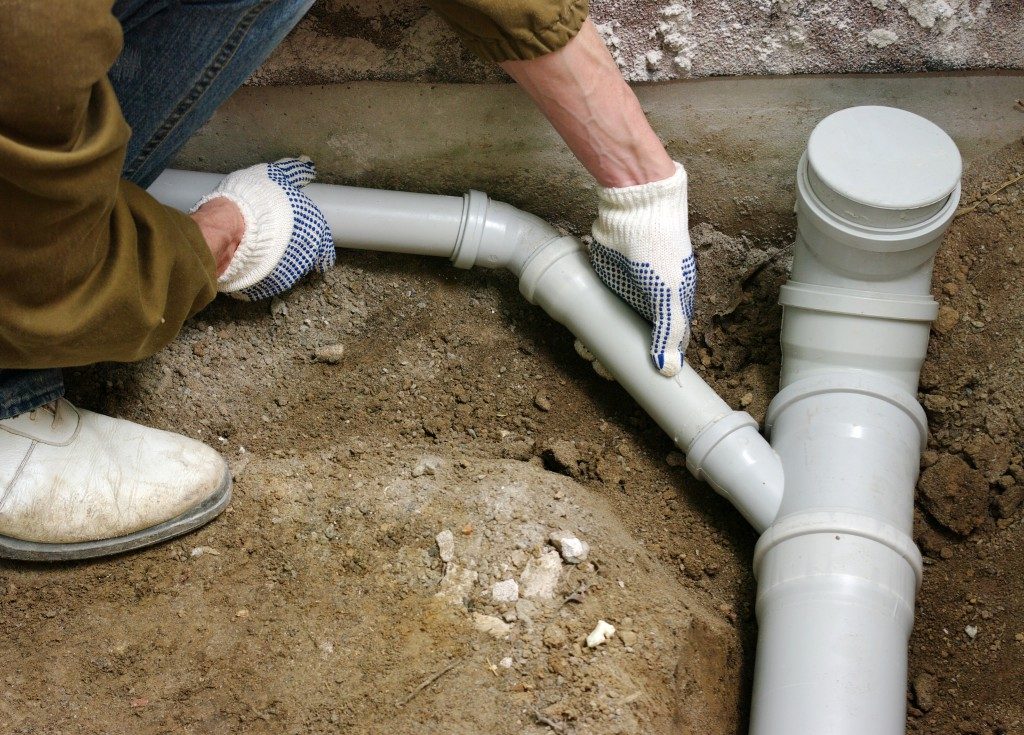 If you are installing drainage systems underground or fitting electrical systems, you need pipes that can be installed easily and have high resistance levels to harsh weather and corrosive chemicals. High-density polyethylene or HDPE piping systems are such kinds of pipes. They make an excellent alternative to the traditional metal pipes. HDPE pipes are robust but flexible and easy to use.
If you are installing drainage systems underground or fitting electrical systems, you need pipes that can be installed easily and have high resistance levels to harsh weather and corrosive chemicals. High-density polyethylene or HDPE piping systems are such kinds of pipes. They make an excellent alternative to the traditional metal pipes. HDPE pipes are robust but flexible and easy to use.
Among the most common types of these HDPE pipes that you can use for different applications include:
Corrugated Pipes
Leading pipe system manufacturer Acu-Tech Piping Systems shares that you can have HDPE pipes come with improved properties for handling extreme environmental stress and chemicals. The pipes are lightweight and flexible; however, they are strong and resistant to pressure and shock. The main categories are single-wall and double-wall corrugated pipes. The latter have extra reinforcing layers to handle extremely high pressure and heavy loads.
Perforated Pipes
Perforated pipes are an advancement of corrugated pipes. They are suitable for underground installation of drainage systems. These pipes are heat-resistant, are leak-proof, and exhibit high strength properties. The pipes can handle the transportation of both solid and liquid substances.
Sewer Pipes
These pipes are suitable for use in distributing heavy loads. They are better than metal pipes because of the highly corrosive nature of the materials in sewer systems. The good thing is that sewer pipes can serve both low and high cover applications. You can have these pipes in extensive lengths to ease the installation process when covering an entire drainage system.
HDPE piping systems are highly applicable to robust applications such as the installation of a drainage system. It is crucial that you make sure that your HDPE pipes meet the industry standards, right from the manufacturing, transportation, to the application process. However, you do not have to worry about that if you buy your pipes from a reliable supplier. It is also crucial that you choose the right pipes from the right supplier.

